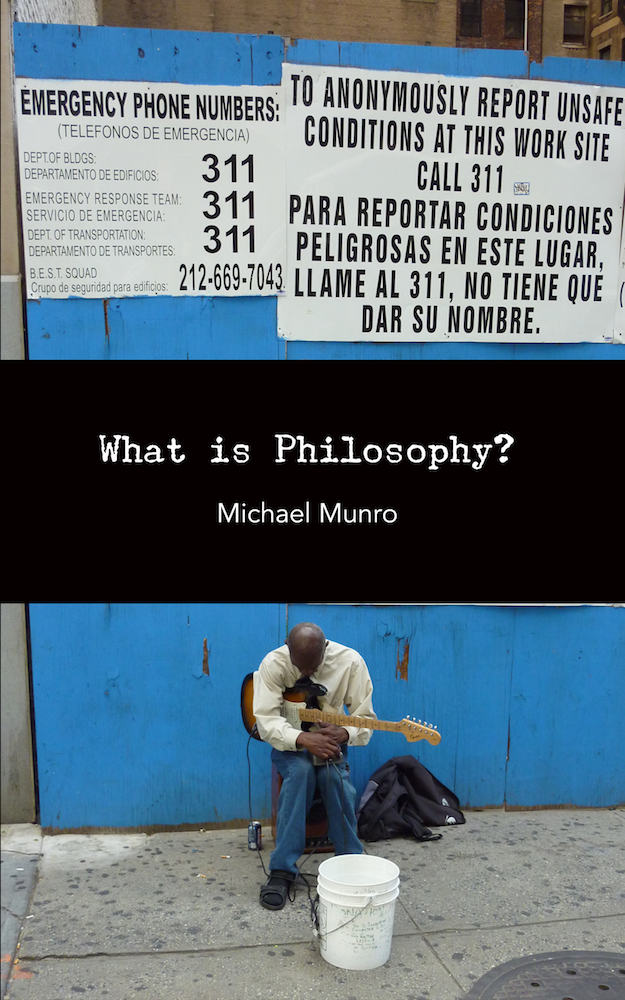Read a review of What is Philosophy? in Scoop Review of Books.
“Every written work,” Giorgio Agamben opens the preface to Infancy and History, “can be regarded as the prologue (or rather, the broken cast) of a work never penned, and destined to remain so.” Although that observation applies to any work of writing, the exemplary case is that of a work of philosophy. While every written work is put to work in its nonexistent successor, a work of philosophy is bereft of even that recourse: philosophy is written in the breakdown of destiny, so that every work of philosophy must first and foremost confront the absolute abandonment of its writing. At work in each and every work of philosophy is the question, “What is a work of philosophy?”
More concretely, although well-formed and rigorously structured, What is Philosophy? abstains from work. On even a quick reading that fact must be palpable. A seminar paper? An article, or book chapter? Not in the least. Nor, essentially, may the individual pieces that compose it be so developed. Fragments unrecognizable as at one time a cast, inconceivable at a future time as anything else, the position of each piece with respect to the others thwarts development in order to preserve, in its place, the tension of its absence.
As such, the articulations internal to each of the three divisions, and between them, are essential. The first division — What is Philosophy? — takes seriously Deleuze and Guattari’s contention in their book of the same title that “The nonphilosophical is perhaps closer to the heart of philosophy than philosophy itself, and this means that philosophy cannot be content to be understood only philosophically or conceptually, but is essentially addressed to nonphilosophers as well” — including the nonphilosopher in every philosopher. The second division — On Argument — interrogates the status and value of evidence, and self-evidence. The third division — On Not Knowing — generalizes a parenthetical observation of Agamben’s on Heidegger, “If we may attempt to identify something like the characteristic Stimmung of every thinker, perhaps it is precisely this being delivered over to something that refuses itself that defines the specific emotional tonality of Heidegger’s thought”: Might not philosophy be defined, the phil of sophia, precisely, as what it is to be delivered over to something that refuses itself?
The first contours of a darkling shape, What is Philosophy? is none other than these—and nothing beyond their glimmer.

